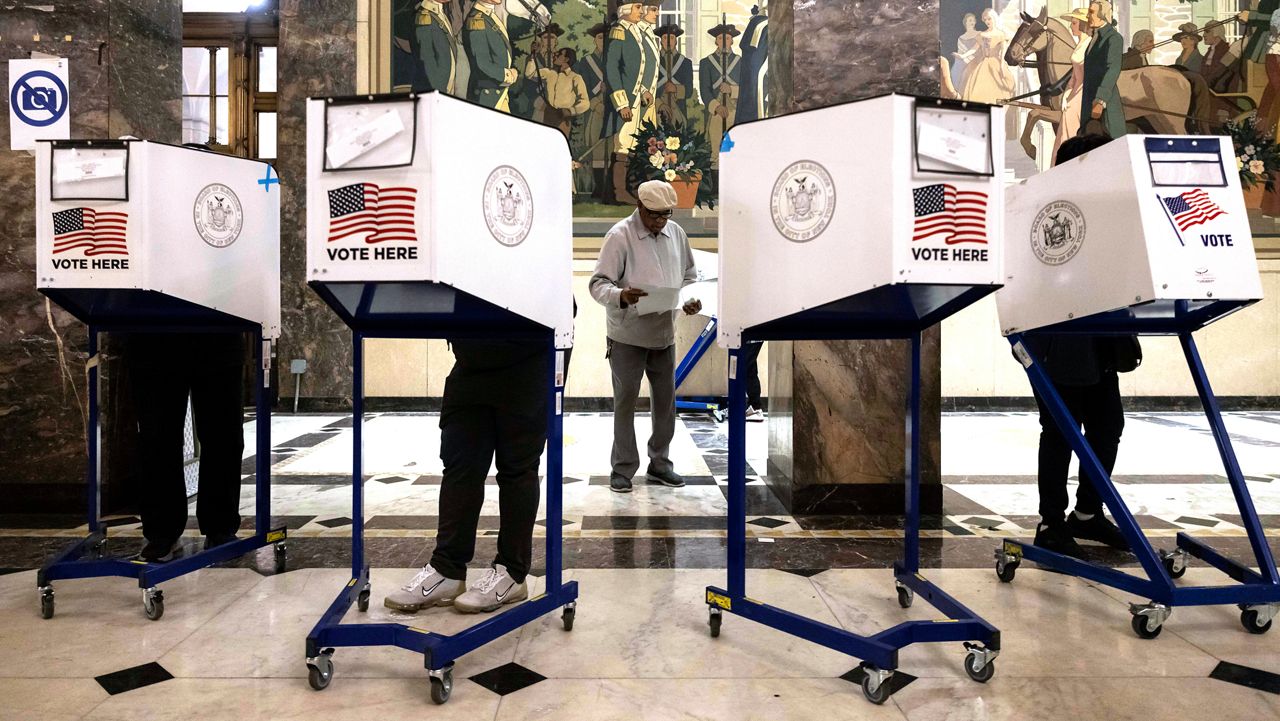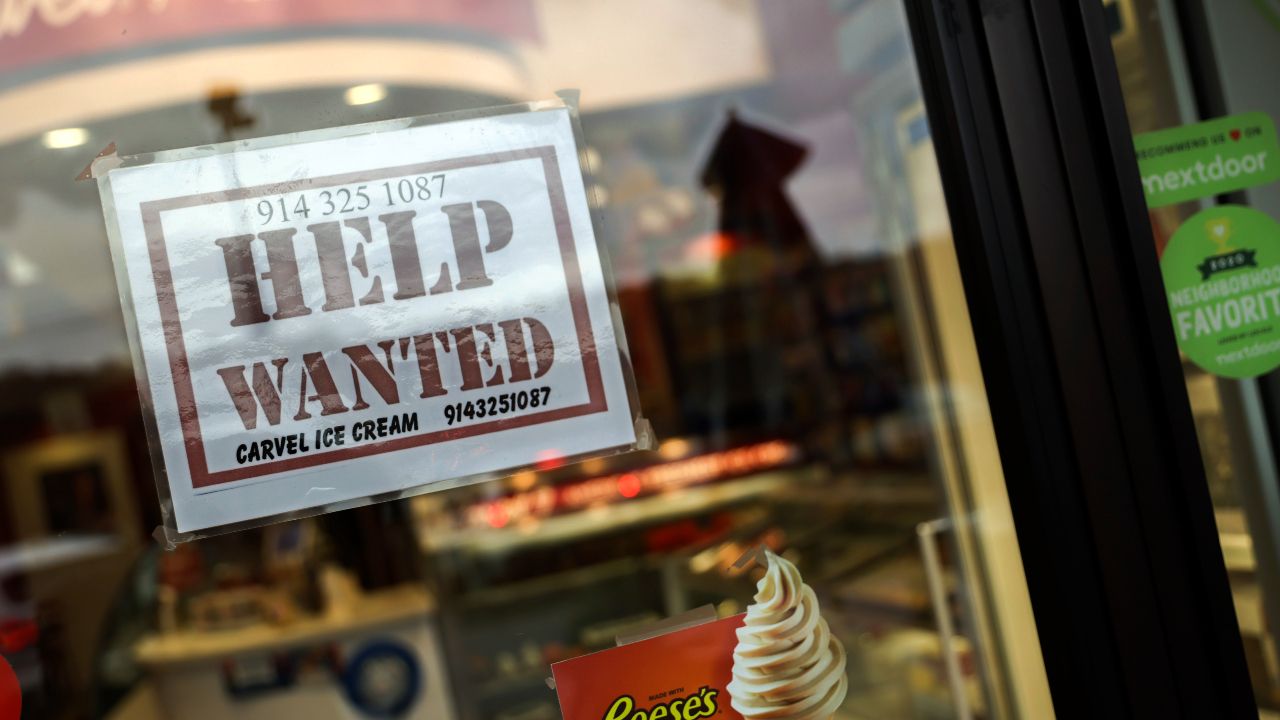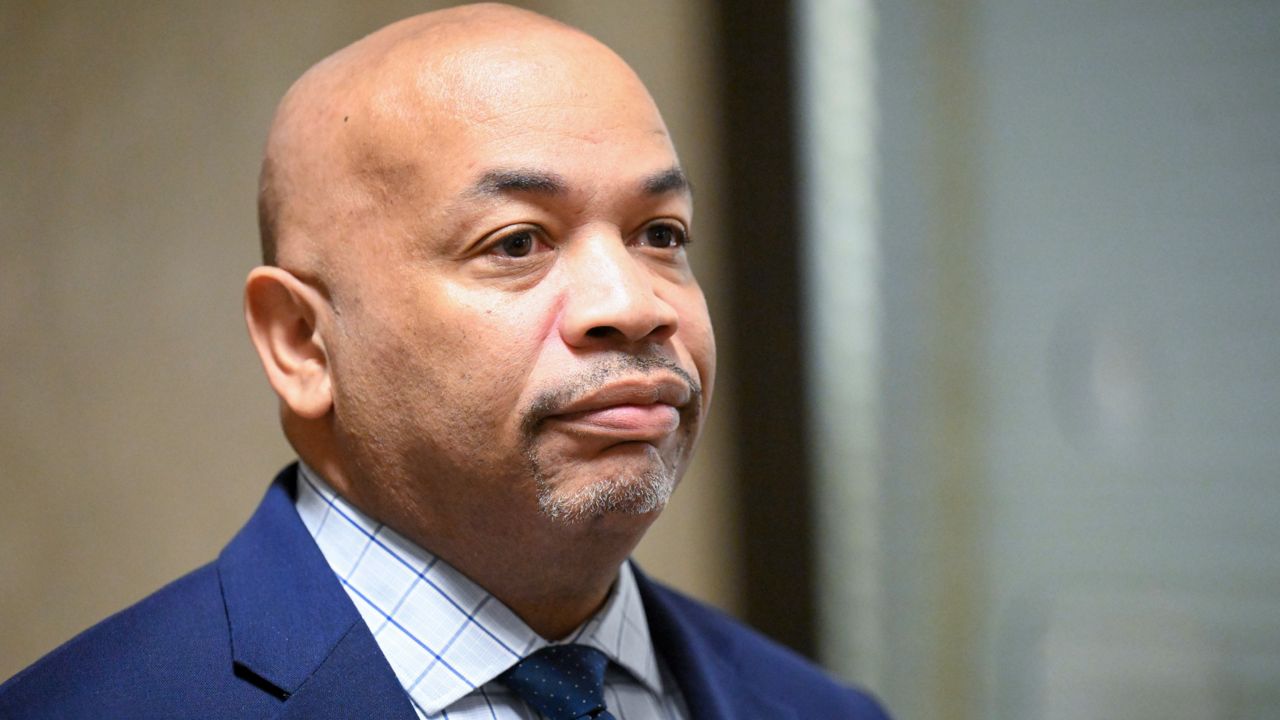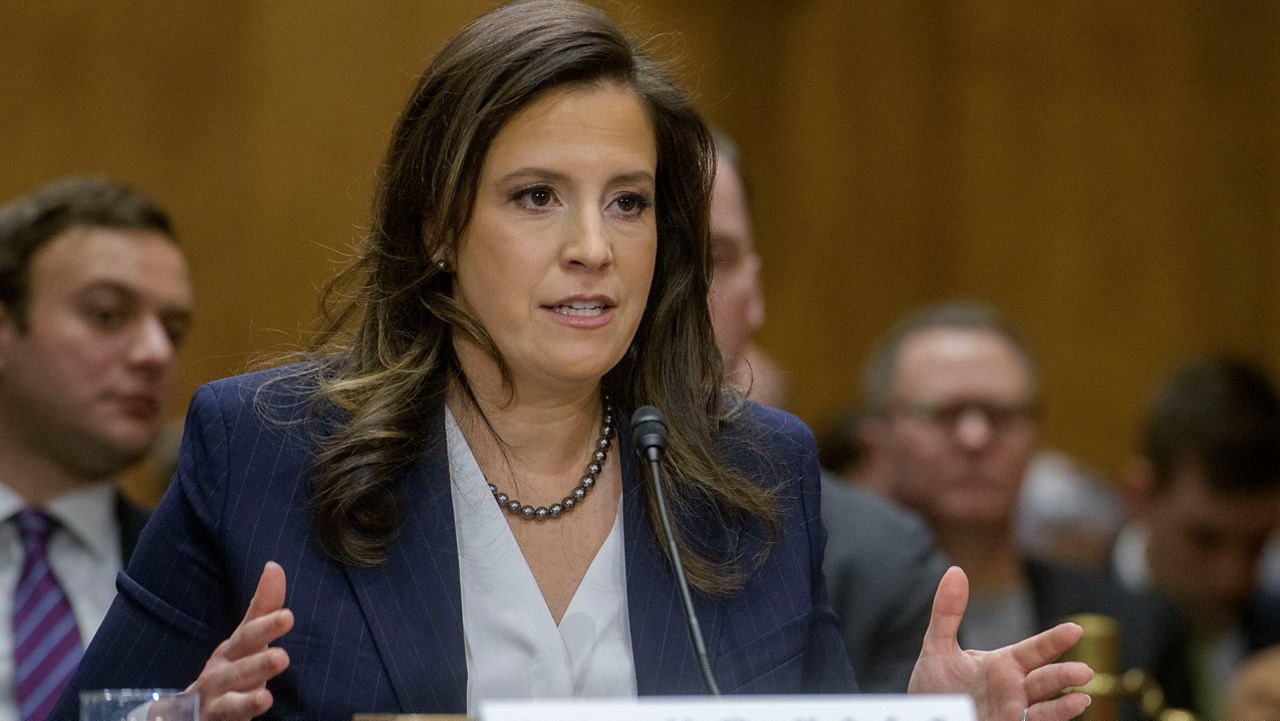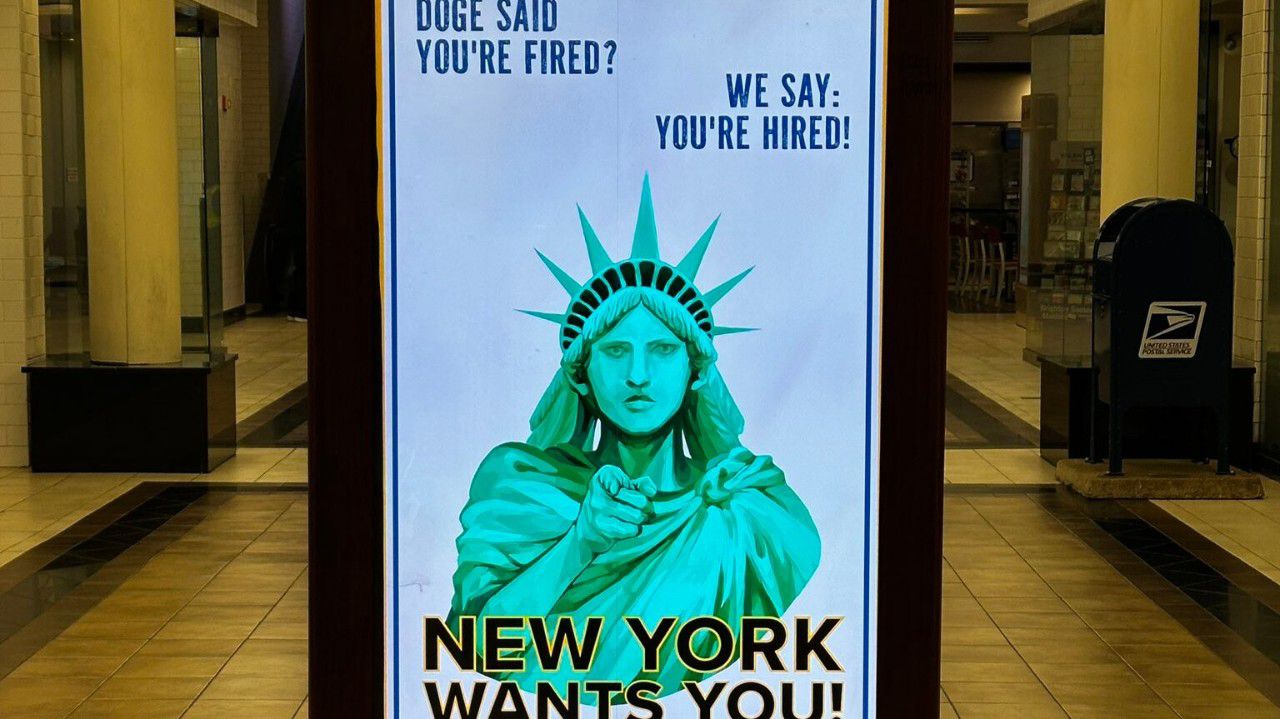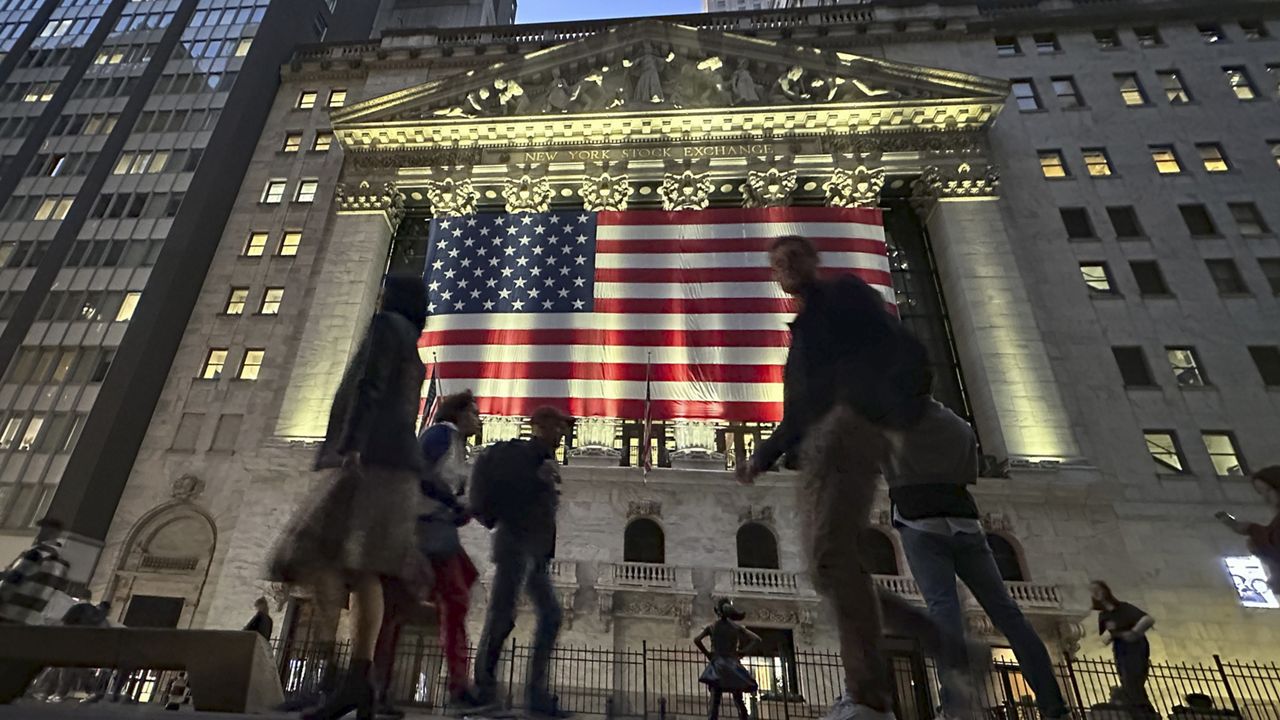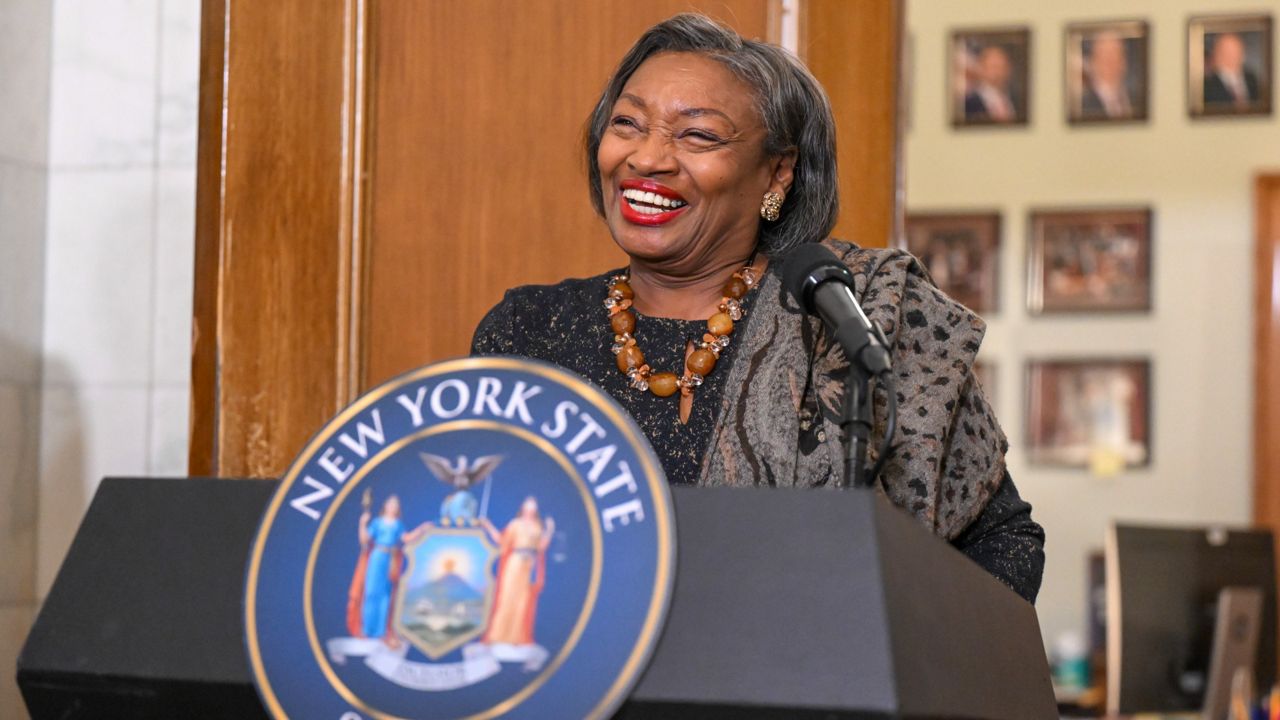The state Supreme Court in Orange County struck down a New York state law intended to prevent local officials from enacting rules that might suppress people's voting rights because of their race.
The John R. Lewis Voting Rights Act, named after the late civil rights activist who represented Georgia in the U.S. House of Representatives, was passed by the New York state Legislature in 2022 and aims to bring back a version of what was known as “preclearance” that was gutted from the federal Voting Rights Act of 1965 by a U.S. Supreme Court decision in 2013.
Under that provision, states and counites with a record of suppressing the rights of Black voters once had to seek U.S. Justice Department approval before changing voting rules. The state law, in a similar fashion, mandates that local governments or school districts with a record of discrimination in New York must gain approval from state officials in order to pass certain voting policies.
The court, in their decision Thursday, said New York’s law violates the Equal Protection Clause of the Fourteenth Amendment of the U.S. Constitution, which prohibits a state from depriving “any person of life, liberty, or property, without due process of law; nor deny to any person within its jurisdiction the equal protection of the laws.”
Since federal statute is supreme to any state law, the court ruled to strike down the John R. Lewis Voting Rights Act in its entirety.
"When New York enacted the strongest voting rights law in the country, we knew there would be challenges. I disagree with the court's legal reasoning and expect this decision will be overturned on appeal,” state Sen. Zellnor Myrie, chair of the state Senate Committee on Elections who authored the legislation, said in a statement.
The Associated Press contributed to this report.
Luke Parsnow - New York State Politics Digital Content Producer
Luke Parsnow is the New York state politics digital content writer and producer at Spectrum News 1. He is an award-winning writer and political columnist and previously worked for CNYCentral in Syracuse and The Post-Star in Glens Falls, New York.





